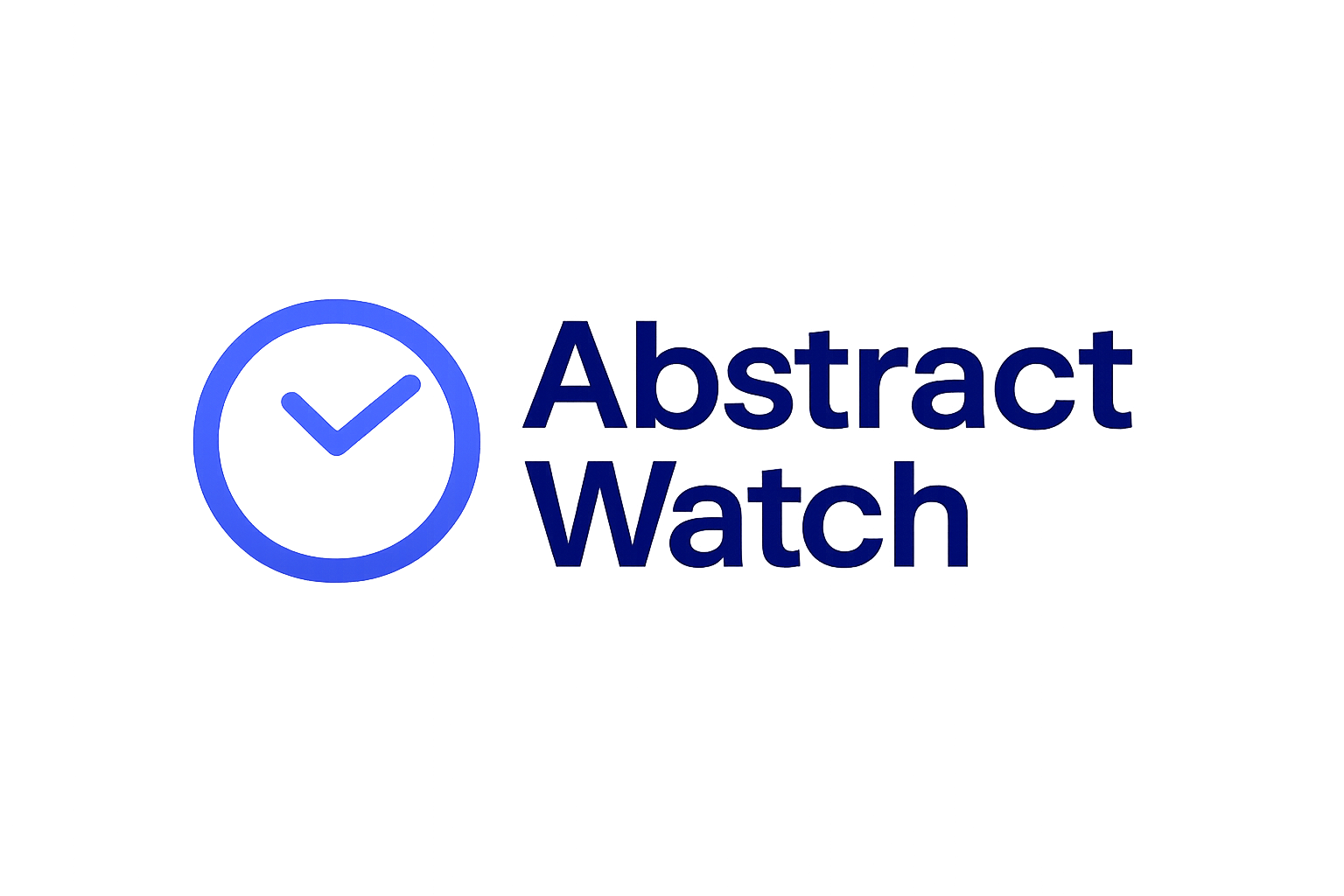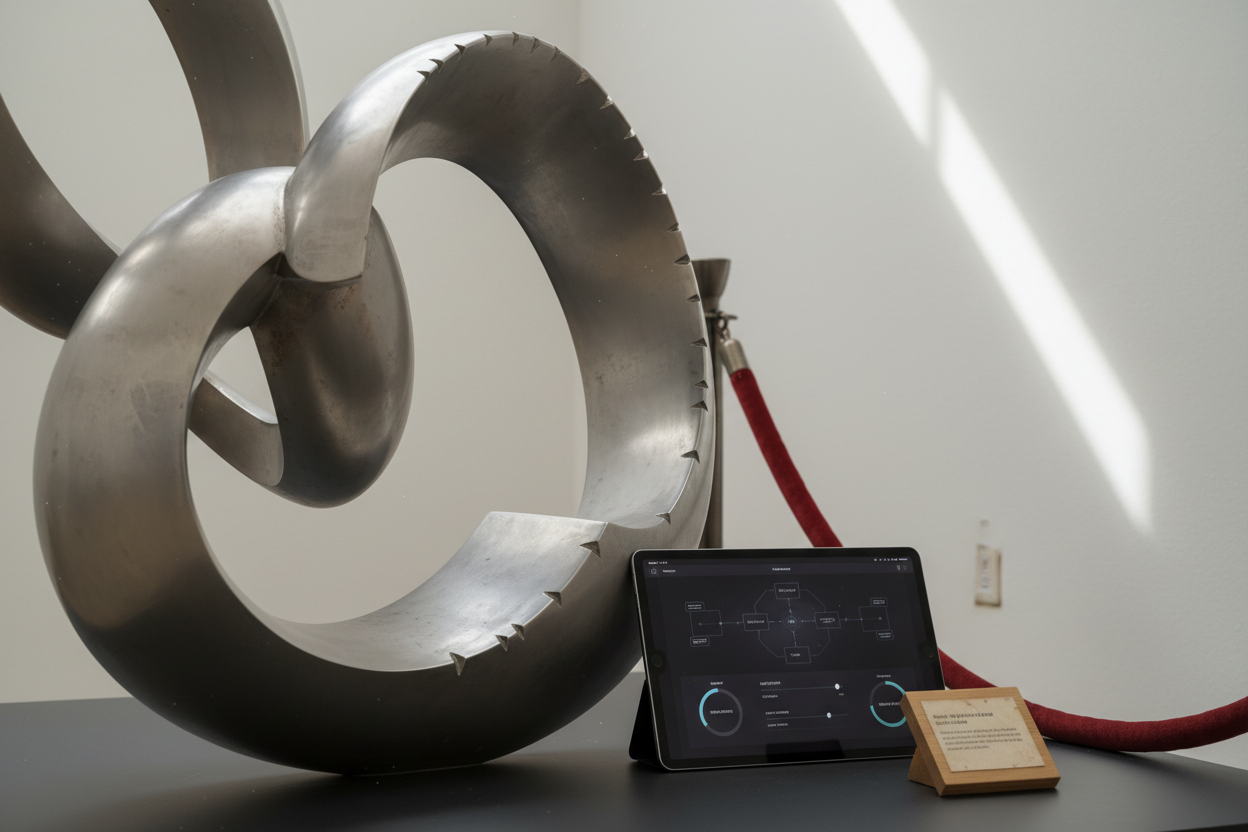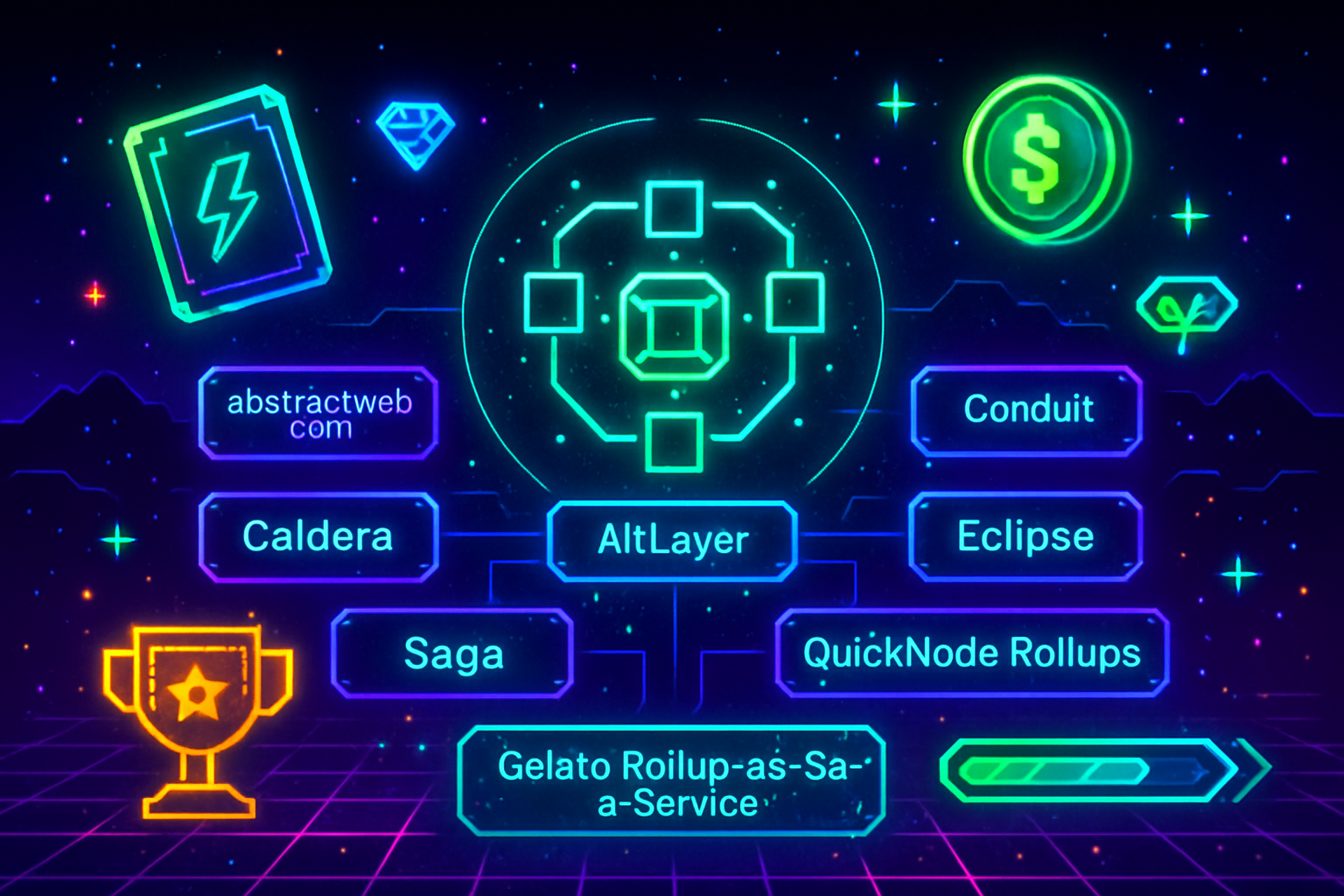
In 2025, the landscape of blockchain appchain deployment has been fundamentally transformed by Rollup-as-a-Service (RaaS) platforms. What was once a complex, resource-intensive process now takes minutes, not months. This shift is powered by a curated group of RaaS providers who have made launching scalable, secure, and customizable appchains accessible to both seasoned developers and non-technical founders alike.

The Rise of Appchain Deployment Platforms
As demand for specialized blockchains and Web3 applications has surged, so too has the need for infrastructure that can support rapid innovation without sacrificing security or scalability. Traditional Layer 1 and Layer 2 solutions often required deep protocol expertise, extensive configuration, and ongoing maintenance. In contrast, RaaS platforms such as abstractwatch. com, Caldera, Conduit, AltLayer, Eclipse, Saga, Instanodes, QuickNode Rollups, and Gelato Rollup-as-a-Service have introduced a paradigm where deploying an appchain is as straightforward as configuring a web application.
This new model offers several key advantages:
- No-code rollup deployment: Platforms like Caldera provide intuitive dashboards that eliminate the need for manual setup or smart contract engineering.
- Multi-stack compatibility: Instanodes and AltLayer support frameworks including zkSync, Polygon CDK, OP Stack, and Arbitrum Orbit, enabling projects to choose the best technology stack for their use case.
- Bespoke customization: Modular architectures across providers let teams tailor consensus mechanisms, data availability layers, and on-chain governance with minimal friction.
- Enterprise-grade reliability: With SLAs reaching up to 99.99% uptime (as seen with Instanodes), mission-critical applications can operate without fear of downtime or performance bottlenecks.
The Top RaaS Providers Leading the Way in 2025
Top 9 Rollup-as-a-Service Providers in 2025
-

abstractwatch.com: A comprehensive RaaS platform offering decentralized, elastic rollup deployment for developers. It streamlines appchain launches with automated infrastructure, modular stack support, and robust monitoring tools.
-
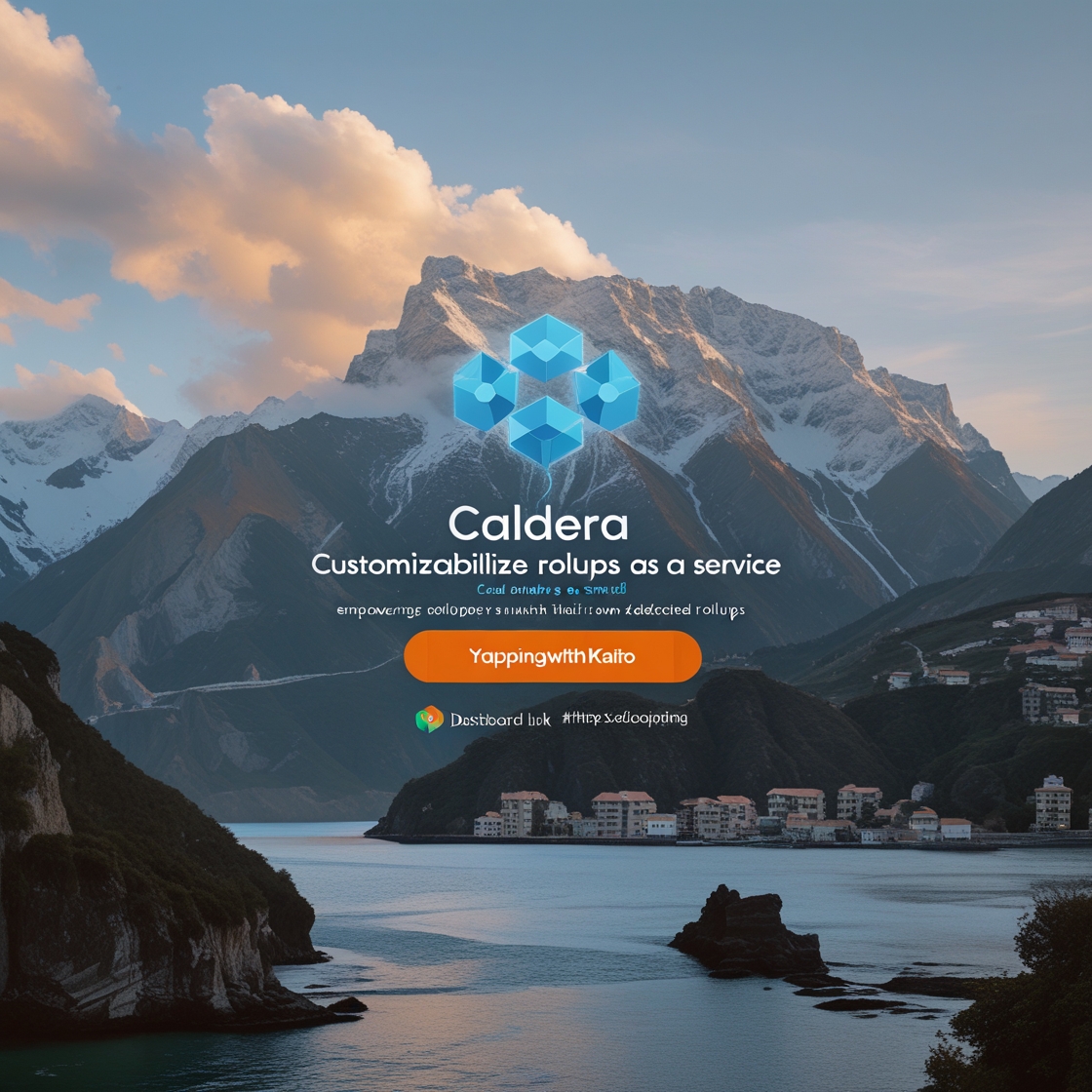
Caldera: Known for its rapid, no-code rollup deployment dashboard, Caldera empowers developers to launch EVM-compatible appchains in minutes. Its platform emphasizes performance tuning for gaming and social dApps, with seamless integration and user-friendly tooling.
-
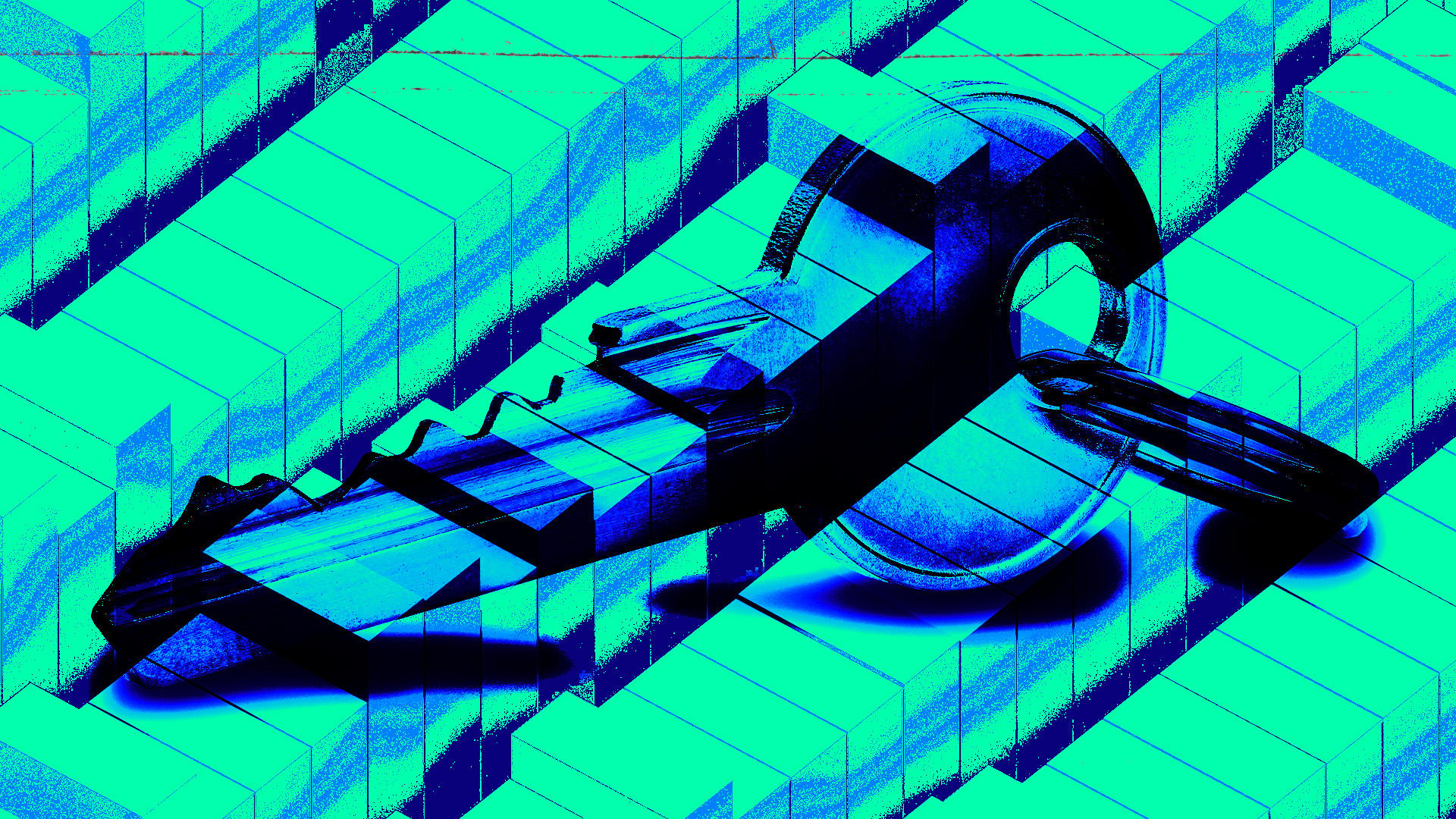
Conduit: A leading RaaS provider, Conduit enables teams to spin up production-ready OP Stack rollups with simple APIs, managed infrastructure, and direct integration with Ethereum and other Layer 1s, simplifying the rollup lifecycle.
-

AltLayer: Pioneering “flash layers,” AltLayer supports both optimistic and zero-knowledge rollups. Its modular architecture, built-in bridge, faucet, and open SDK make it a flexible choice for custom appchain deployments.
-
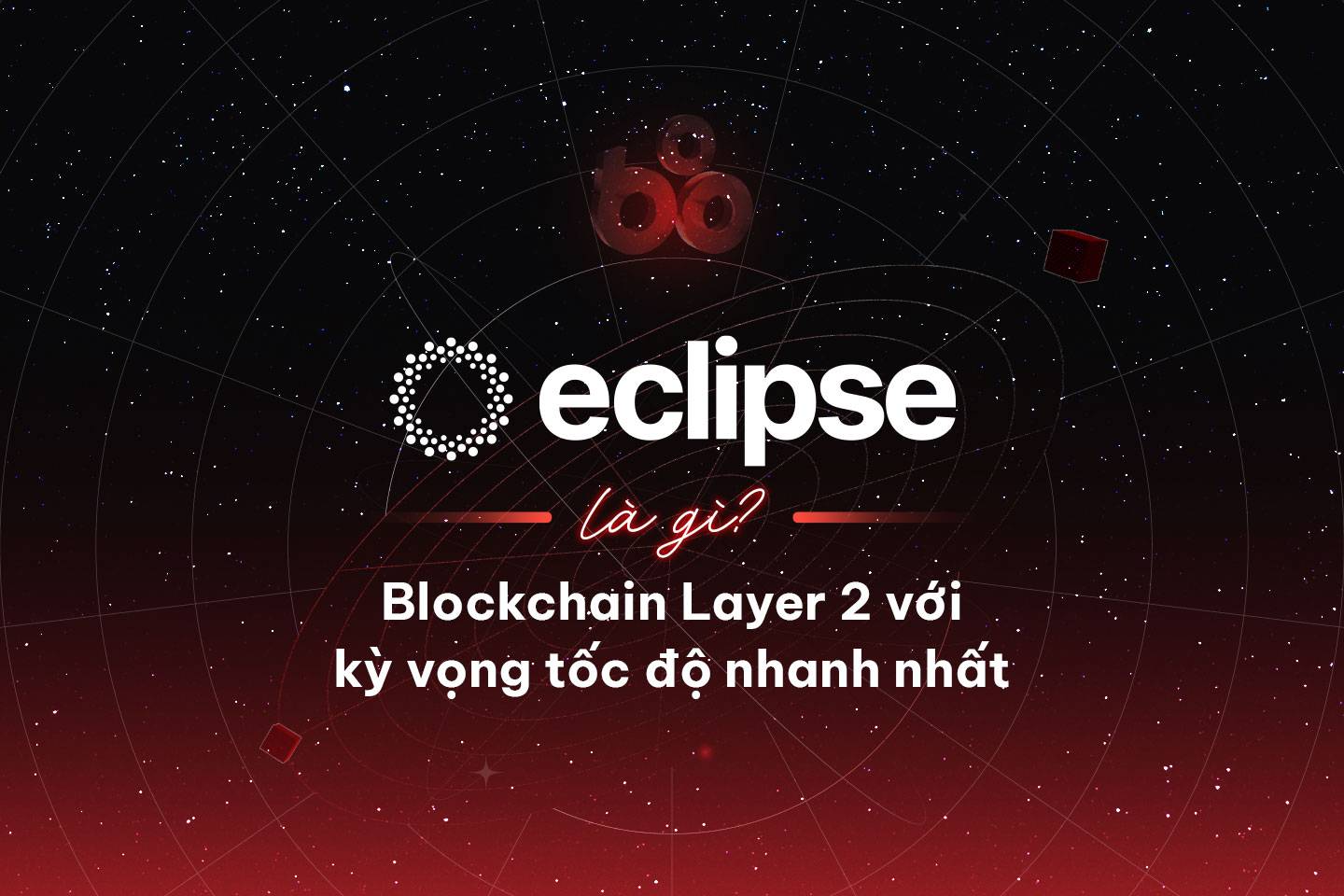
Eclipse: Eclipse delivers high-performance, customizable rollups leveraging Solana’s virtual machine and modular data availability. It targets scalable, application-specific chains with enhanced throughput and low latency.
-
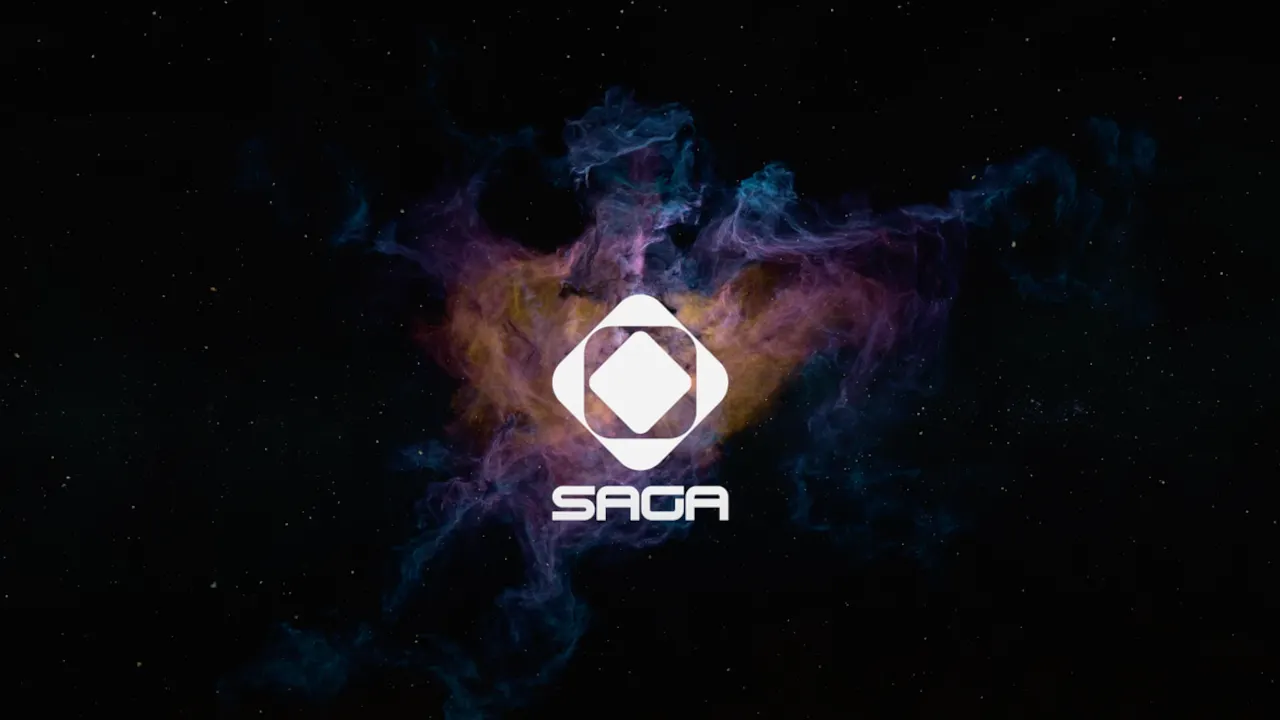
Saga: Saga offers automated, horizontally scalable rollup deployment with a focus on gaming and DeFi. Its protocol enables developers to launch dedicated chains with built-in security, interoperability, and easy management.
-
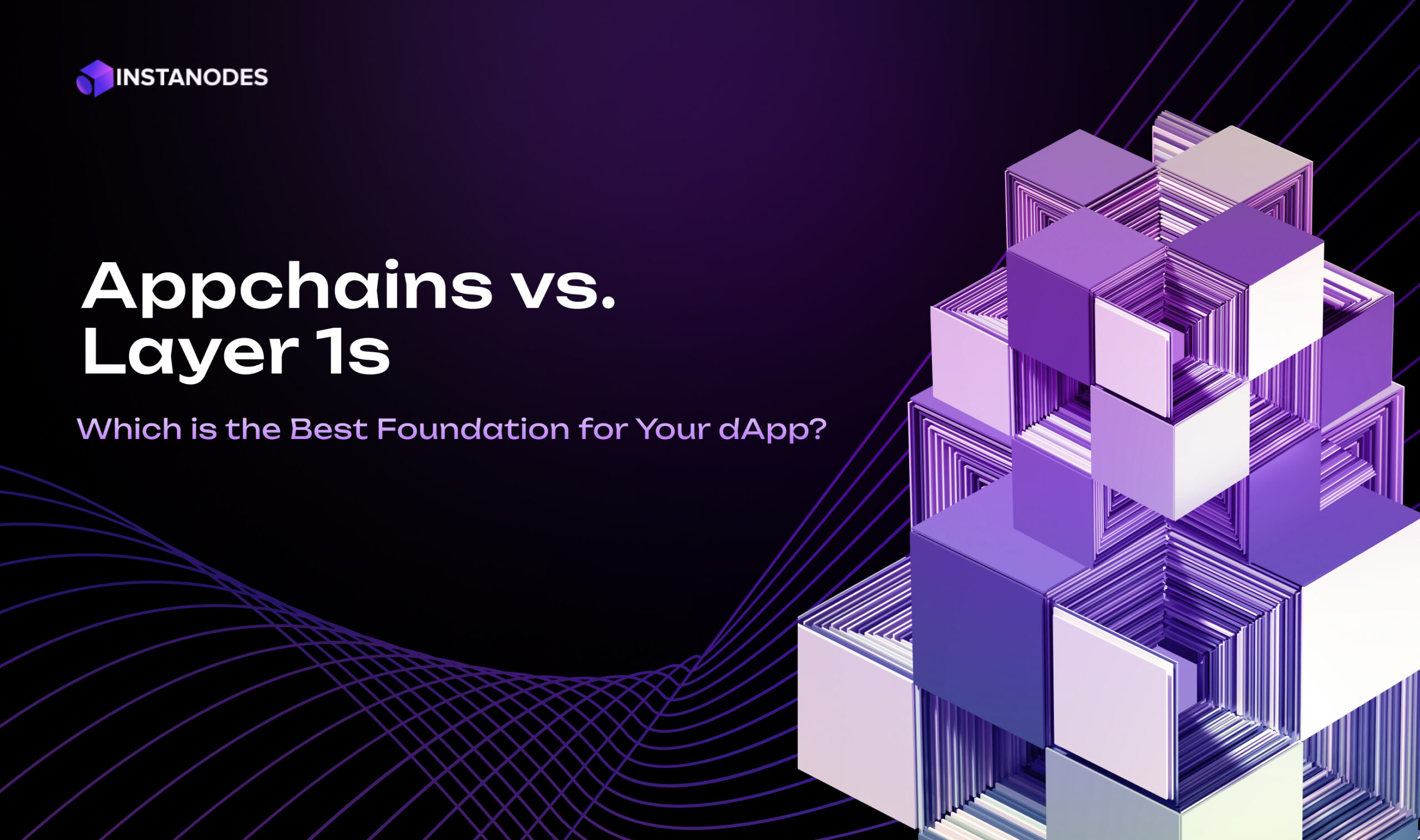
Instanodes: Recognized for its robust, one-click deployment suite, Instanodes supports multiple rollup frameworks (zkSync, Polygon CDK, OP Stack, Arbitrum Orbit) and provides native RPC integration, 99.99% uptime SLA, and comprehensive monitoring.
-
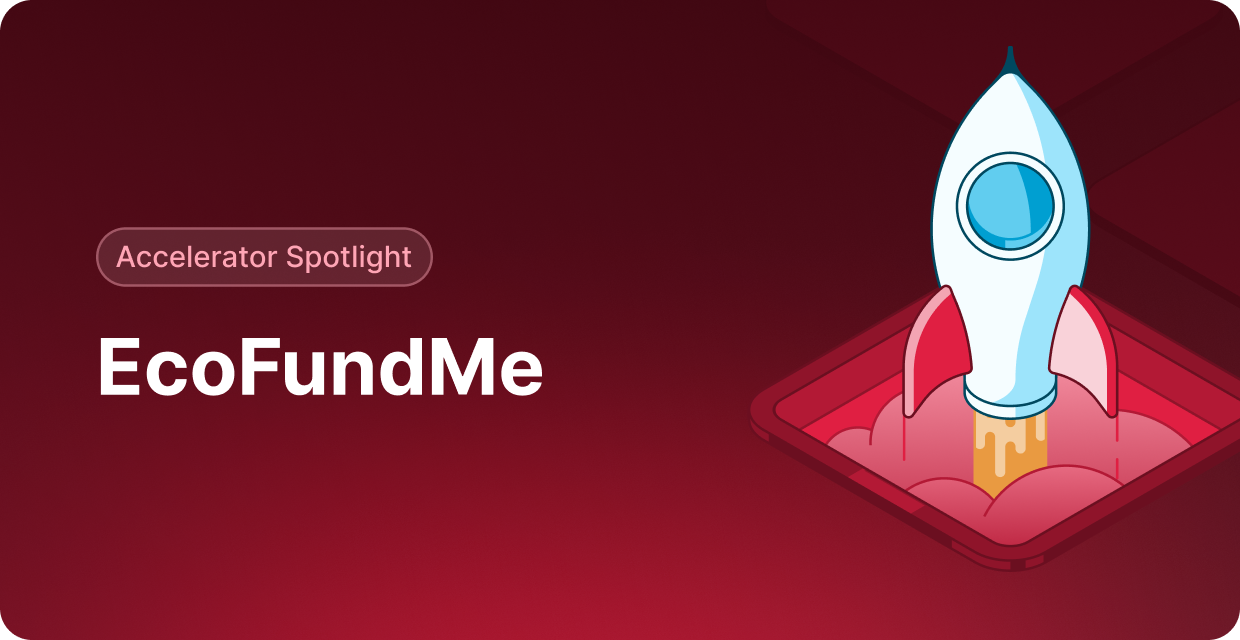
QuickNode Rollups: QuickNode Rollups delivers streamlined, enterprise-grade rollup deployment with developer-friendly APIs, managed infrastructure, and broad support for EVM-compatible appchains, accelerating time-to-market.
-
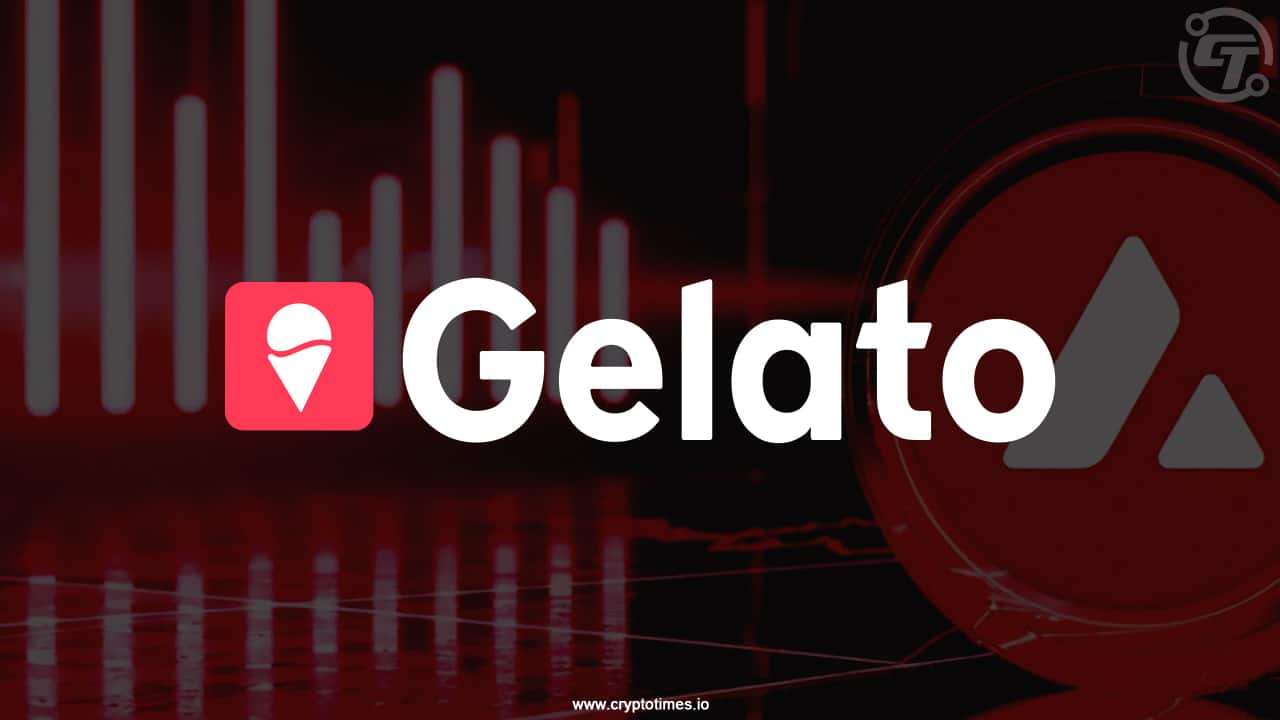
Gelato Rollup-as-a-Service: Gelato’s RaaS platform enables seamless deployment of customizable rollups with automated smart contract execution, advanced automation features, and integration with leading Layer 1 and Layer 2 networks.
The current generation of RaaS platforms are not generic infrastructure plays, they’re specialized partners in blockchain innovation. Here’s how some of the leading names are redefining what’s possible for developers:
- abstractwatch. com: Focused on abstract rollup technology with a strong emphasis on documentation and expert support.
- Caldera: Known for its no-code dashboard and seamless EVM compatibility, ideal for gaming and social dApps seeking fast time-to-market.
- Conduit: Offers simple APIs for deploying OP-based rollups with out-of-the-box Ethereum integration.
- AltLayer: Pioneers “flash layers” supporting both optimistic and ZK rollups; open SDKs foster rapid experimentation.
- Eclipse and Saga: Both provide advanced modularity, Eclipse excels at high-throughput chains while Saga focuses on elastic scaling for enterprise needs.
- Instanodes: Delivers robust one-click deployment across multiple stacks with industry-leading uptime guarantees.
- QuickNode Rollups and Gelato Rollup-as-a-Service: Both emphasize developer experience, offering managed services that abstract away operational headaches so teams can focus on product features rather than infrastructure minutiae.
Simplifying Blockchain Development: From Months to Minutes
The impact of these platforms is best understood through their effect on developer workflows. What previously required coordination between protocol engineers, DevOps teams, security auditors, and infrastructure vendors can now be accomplished via a unified dashboard or API call. For example, Caldera’s no-code interface allows even non-technical founders to launch testnets or production-ready appchains configured to their exact specifications, without ever touching a command line. Similarly, Instanodes’ multi-stack suite empowers teams to spin up zkRollups or OP-based chains while enjoying native RPC integration out-of-the-box.
This radical simplification is more than just a technical convenience, it’s catalyzing new business models in DeFi, gaming, enterprise supply chain management, and beyond. Developers are freed from infrastructure burdens so they can focus on creating differentiated user experiences instead of wrestling with low-level blockchain mechanics. For more details about how these innovations are changing the landscape for blockchain developers in real time, see our related analysis at How Rollup-as-a-Service Platforms Simplify App Chain Deployment for Blockchain Developers.
As the RaaS ecosystem matures, the distinctions between providers are becoming more nuanced. Each of the top nine platforms, abstractwatch. com, Caldera, Conduit, AltLayer, Eclipse, Saga, Instanodes, QuickNode Rollups, and Gelato Rollup-as-a-Service, brings unique strengths to the table. For instance, abstractwatch. com is recognized for its high-touch support and robust documentation, making it a trusted choice for enterprise deployments that require compliance and auditability. Caldera and Conduit distinguish themselves with developer-centric tooling and rapid provisioning features that reduce deployment times to mere minutes.
Customization Meets Scalability
The modularity offered by these platforms is a game-changer for teams requiring custom rollup blockchains. Eclipse excels at supporting high-throughput applications thanks to its advanced data availability solutions. Saga, meanwhile, targets elastic scaling, ideal for projects anticipating unpredictable demand spikes or seasonal usage patterns. AltLayer’s flash layers introduce ephemeral rollups that can be spun up for short-term events or campaigns before being retired or merged back into parent chains.
Instanodes’ 99.99% uptime SLA reflects a broader industry trend: reliability is non-negotiable for mission-critical dApps in DeFi or digital identity. Meanwhile, managed services from QuickNode Rollups and Gelato Rollup-as-a-Service abstract away operational headaches with integrated monitoring and automated upgrades, freeing developers to iterate quickly without worrying about node failures or security patches.
Driving Adoption Across Use Cases
The result is an explosion of experimentation across verticals:
- DeFi protocols: Launching application-specific rollups to minimize transaction costs while maintaining composability with Ethereum mainnet.
- Web3 gaming: Deploying high-speed appchains tailored for in-game assets and microtransactions.
- NFT marketplaces: Leveraging RaaS for scalable minting engines that can handle surges in user activity without gas fee spikes.
- Enterprise supply chains: Building permissioned rollups with granular access control and audit trails.
This diversity of use cases is only possible because RaaS providers have lowered the barrier to entry so dramatically. Teams can now launch pilots in days rather than quarters, and pivot quickly as requirements evolve.
What’s Next: The Future of Appchain Deployment Platforms
The trajectory is clear: as RaaS matures into a foundational layer of blockchain infrastructure, we can expect even greater abstraction of complexity through AI-driven configuration assistants, predictive scaling features, and seamless cross-chain interoperability. The leading platforms are already integrating advanced analytics dashboards and compliance modules out-of-the-box, a sign that enterprise adoption will continue accelerating well into 2026.
If you’re considering launching an appchain or exploring scalable rollup solutions in 2025, evaluating these nine providers should be your starting point. Their offerings are not just about speed, they’re about empowering innovation while maintaining security and operational excellence at every stage of your project’s lifecycle.
Top 9 Rollup-as-a-Service Platforms in 2025
-
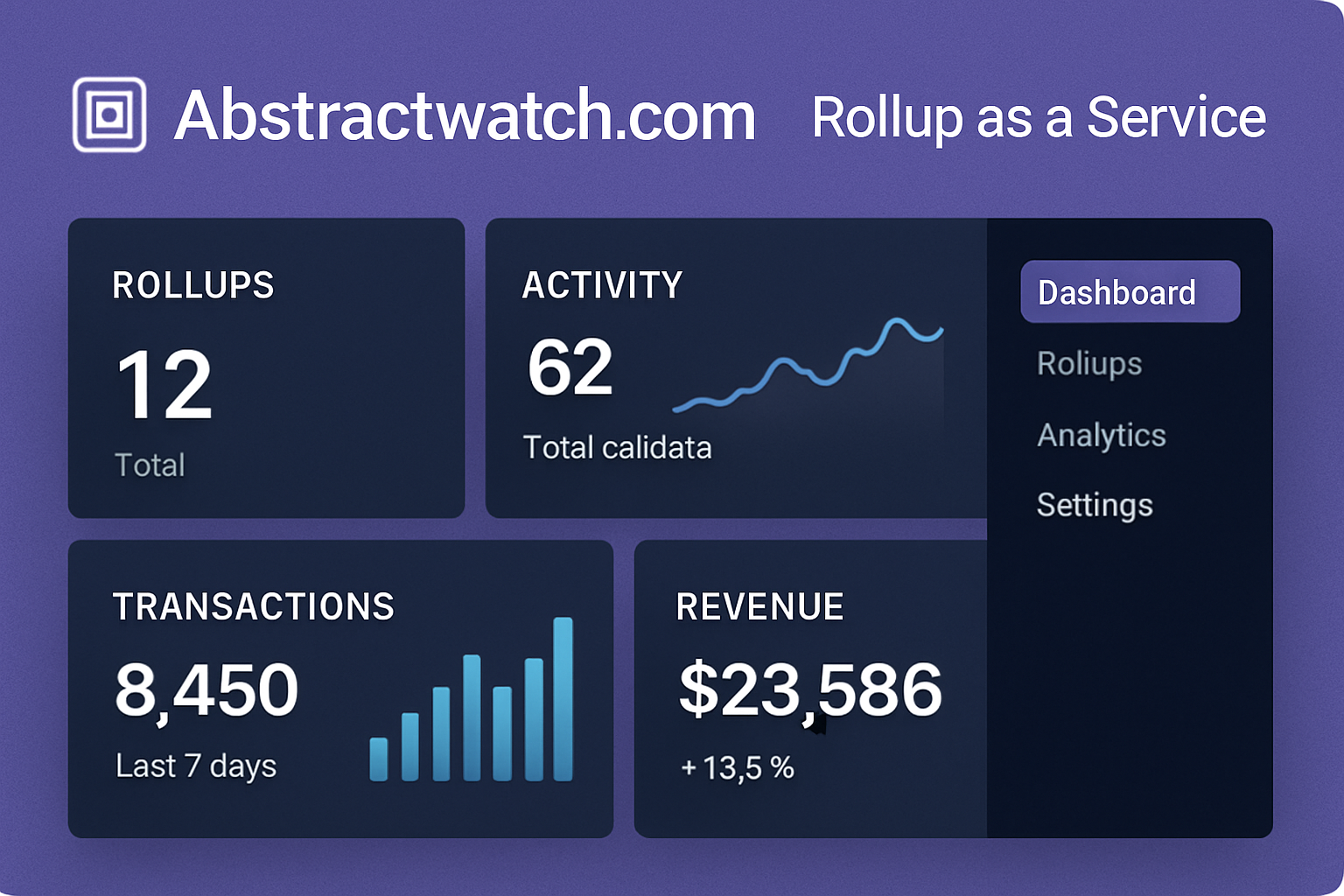
abstractwatch.com: A decentralized and elastic Rollup-as-a-Service protocol, abstractwatch.com offers developers a flexible platform to launch appchains with customizable rollup stacks and integrated monitoring tools for seamless deployment and performance tracking.
-
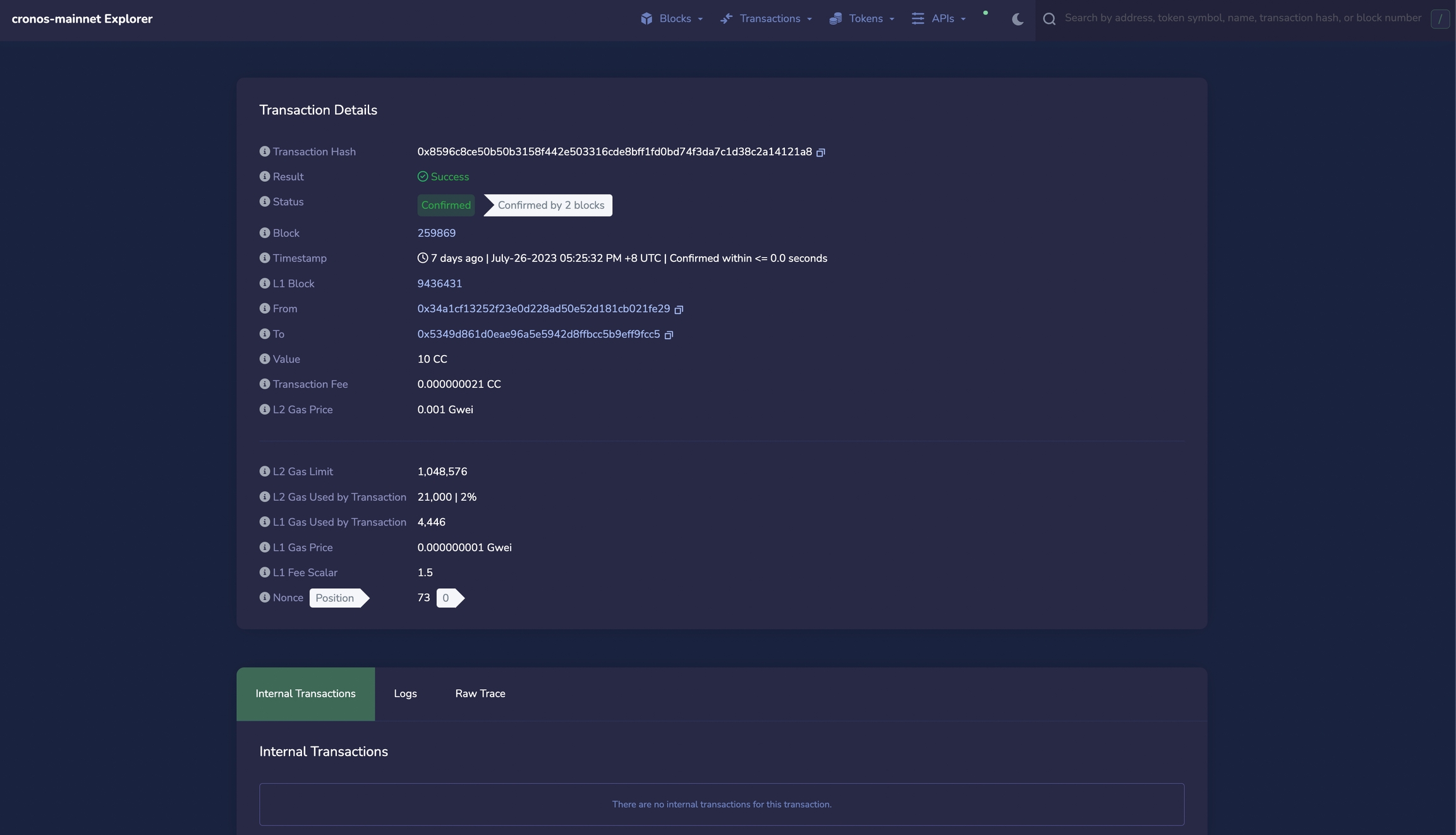
Caldera: Caldera is renowned for its rapid rollup deployment, featuring a no-code dashboard, seamless EVM compatibility, and performance optimization for gaming and social dApps. Its user-friendly interface enables projects to launch appchains in minutes.
-
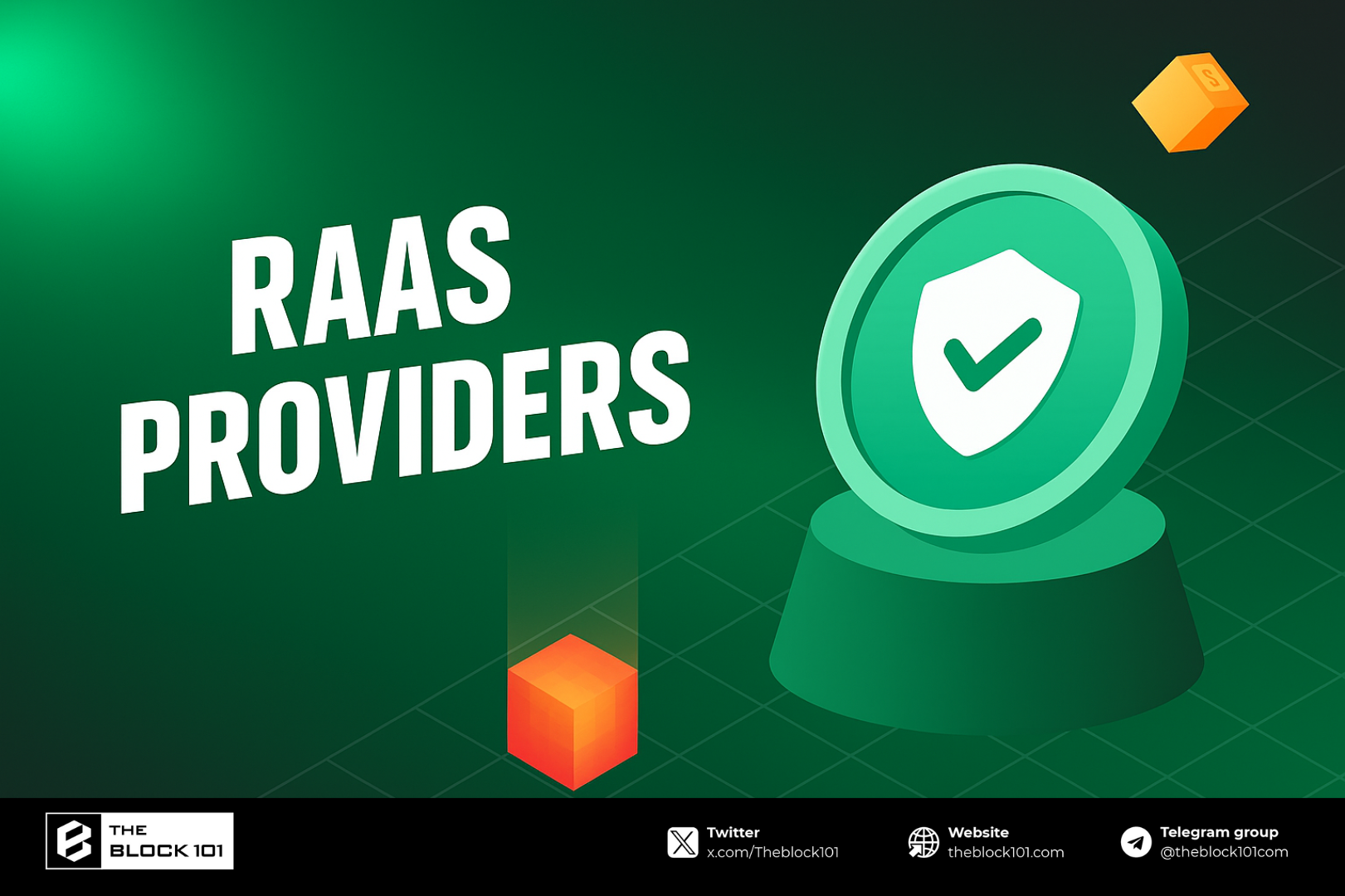
Conduit: Conduit simplifies appchain launches with production-ready rollups, offering easy-to-use APIs, managed OP Stack deployments, and out-of-the-box integration with Ethereum and other Layer 1s for streamlined development.
-
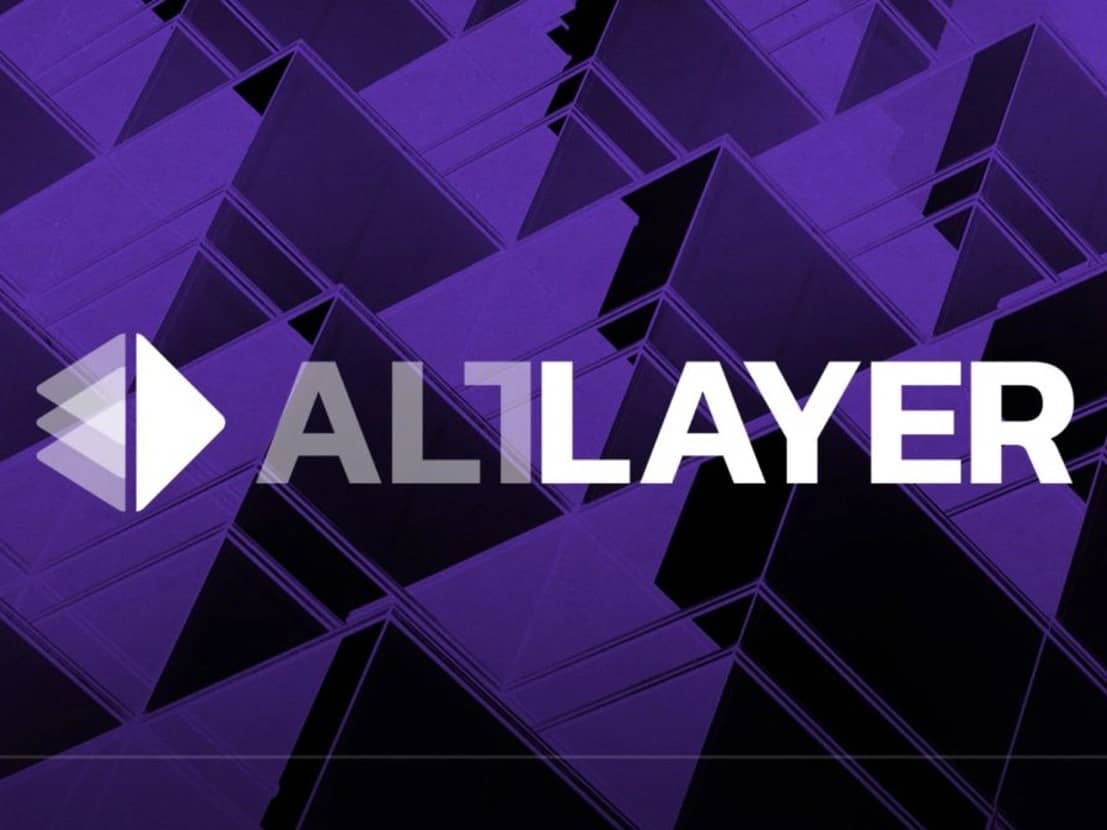
AltLayer: AltLayer pioneers “flash layers” and supports both optimistic and zero-knowledge rollup stacks. Its modular architecture, built-in bridge and faucet, and open SDK facilitate fast, flexible appchain development.
-

Eclipse: Eclipse provides a modular rollup framework that supports both EVM and non-EVM chains. It offers customizable data availability options and high throughput, making it suitable for a variety of Web3 applications.
-
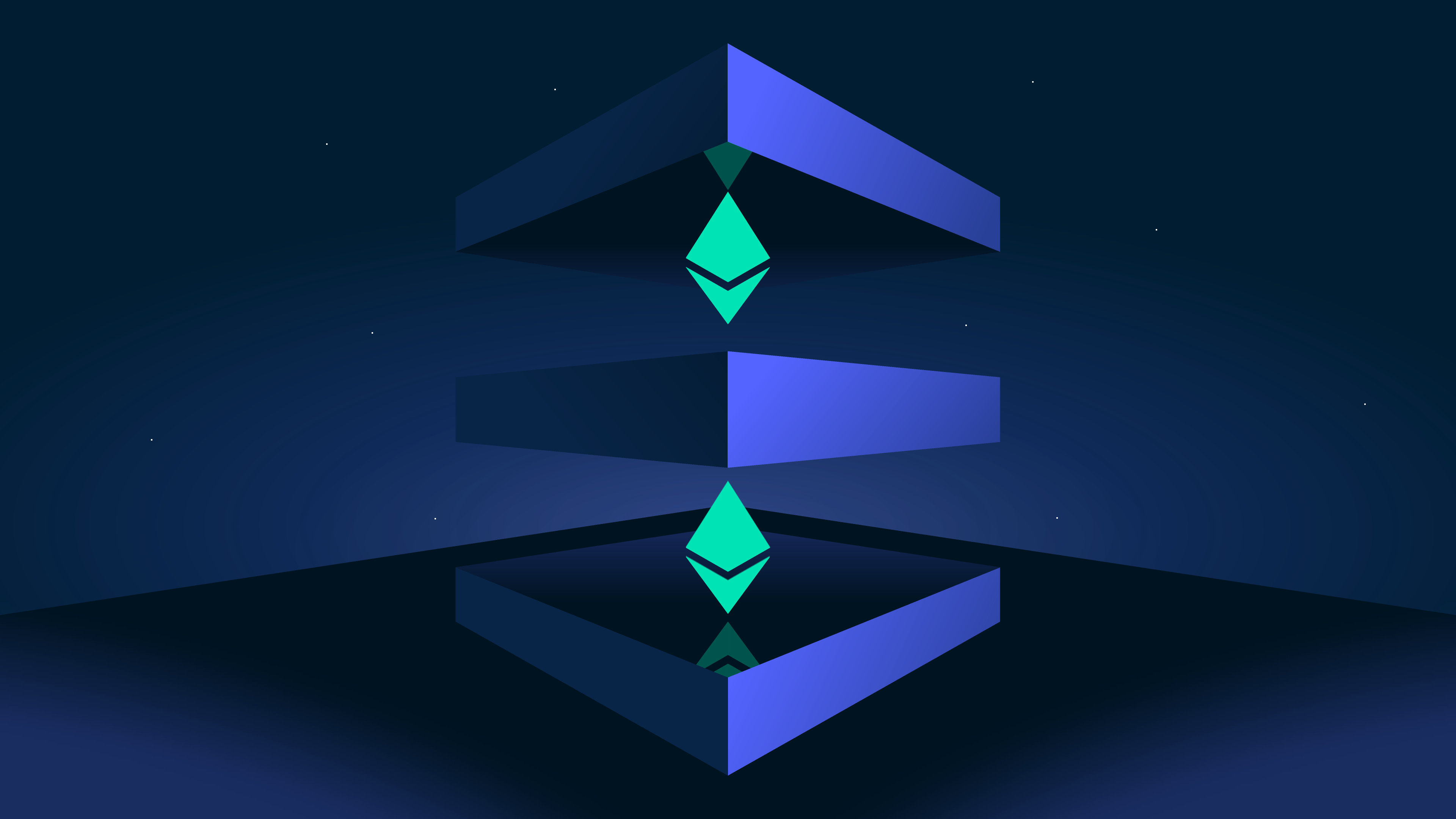
Saga: Saga focuses on scalability and interoperability, enabling developers to deploy appchains with automated validator orchestration, cross-chain communication, and robust security features.
-

Instanodes: Instanodes is recognized for its robust, one-click deployment suite, supporting multiple rollup frameworks (zkSync, Polygon CDK, OP Stack, Arbitrum Orbit), native RPC integration, and a 99.99% uptime SLA for reliable appchain launches.
-
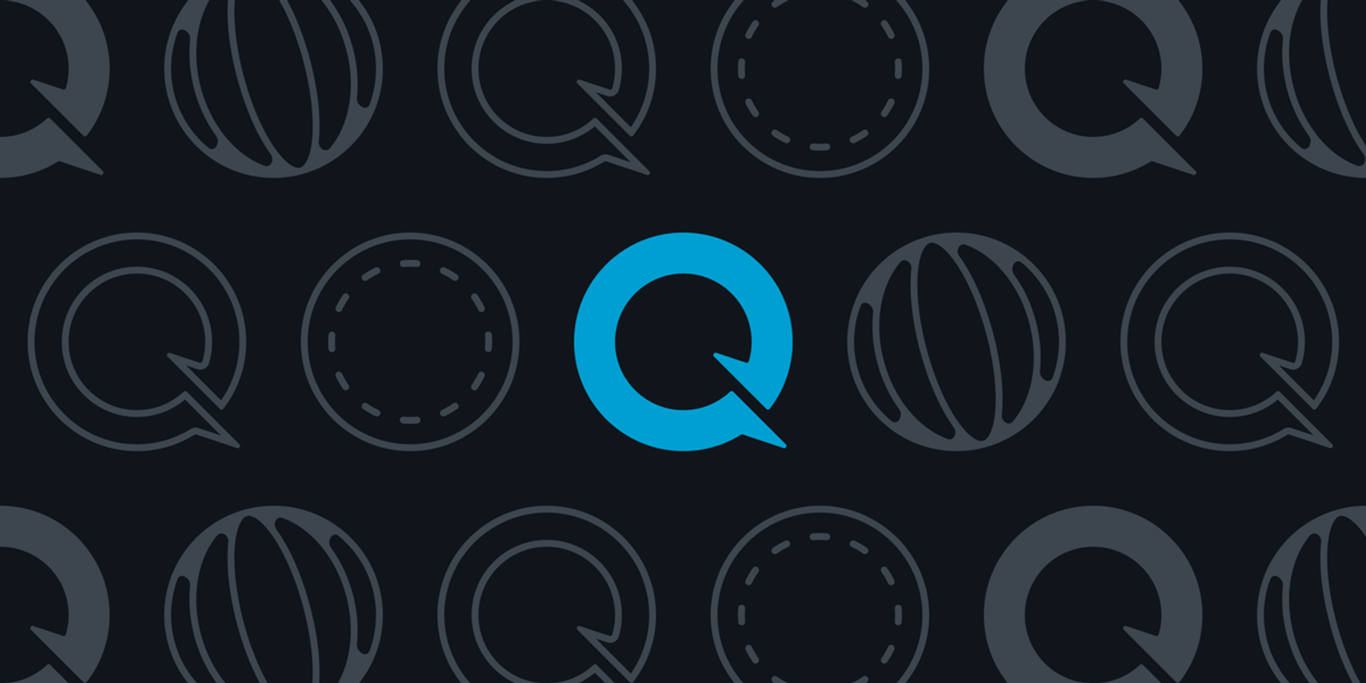
QuickNode Rollups: QuickNode Rollups offers a managed service for deploying and scaling Layer 2 rollups, featuring developer-friendly APIs, monitoring tools, and seamless integration with the QuickNode ecosystem.
-
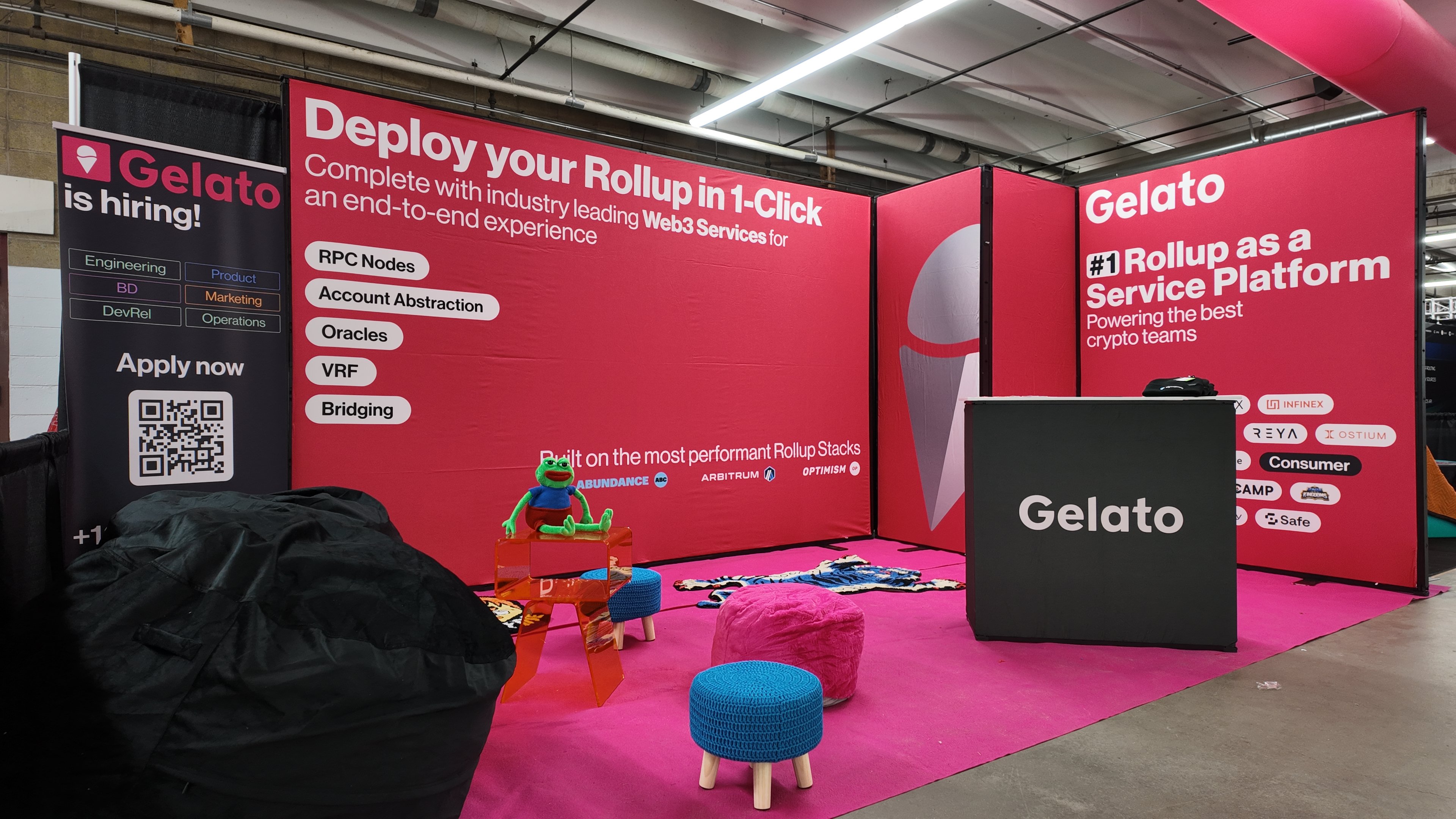
Gelato Rollup-as-a-Service: Gelato provides an automated Rollup-as-a-Service platform with customizable rollup stacks, automated smart contract execution, and integration with leading data availability layers for efficient appchain deployment.
The era of laborious blockchain launches is over. With RaaS platforms like abstractwatch. com setting new standards for reliability and flexibility, and peers such as Instanodes and Caldera leading on speed and developer experience, the future of custom appchain deployment has never looked brighter.
